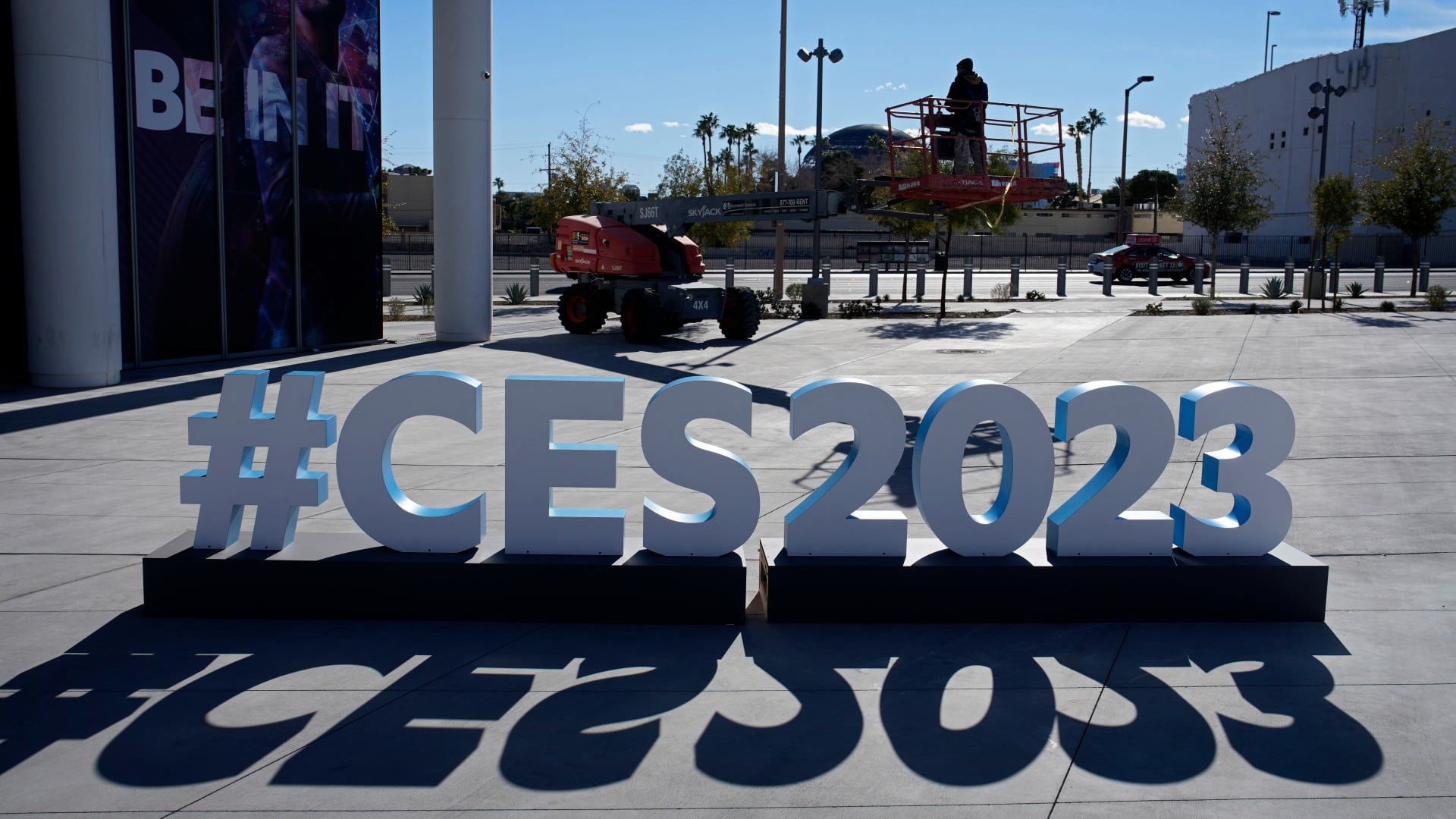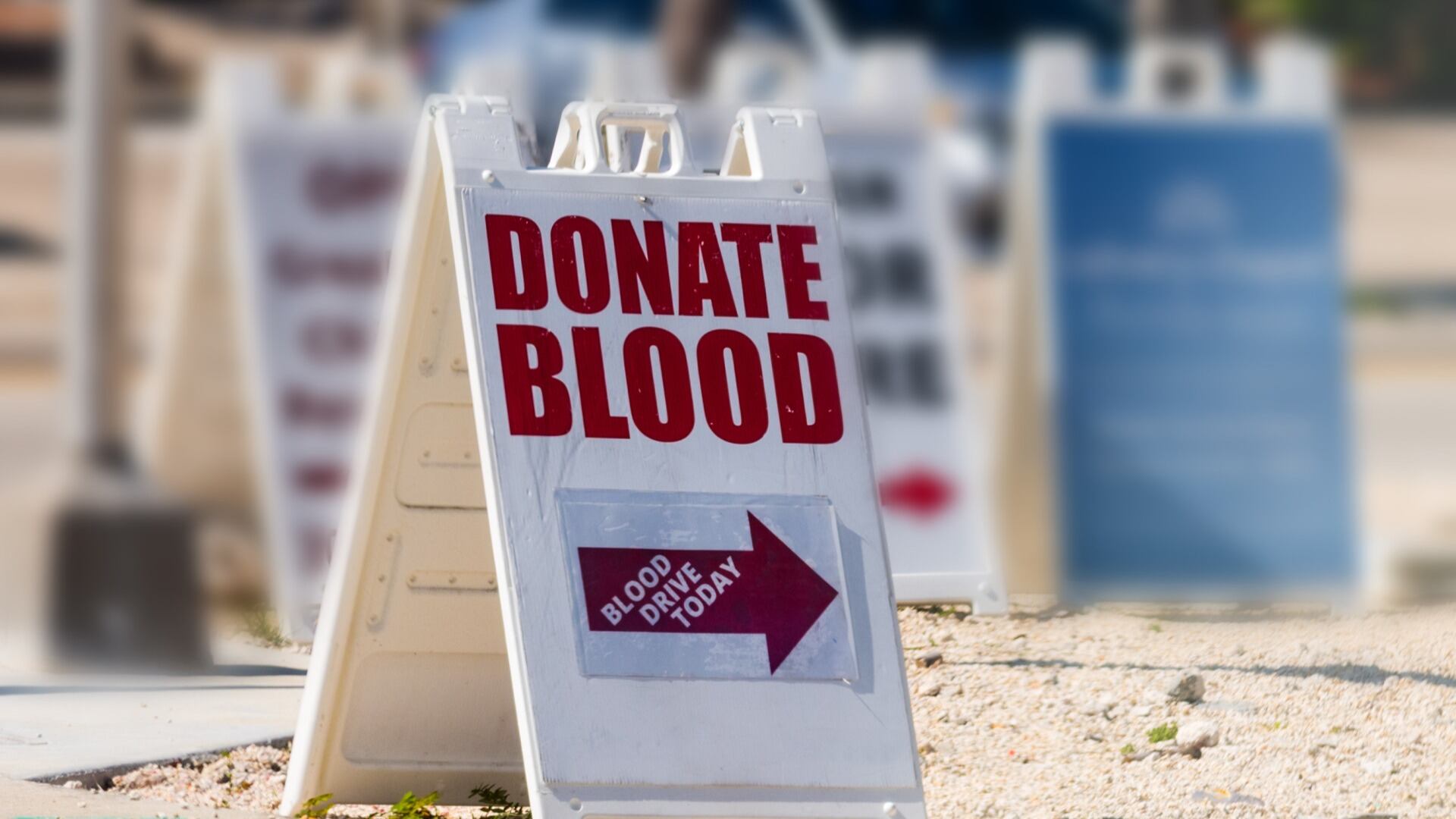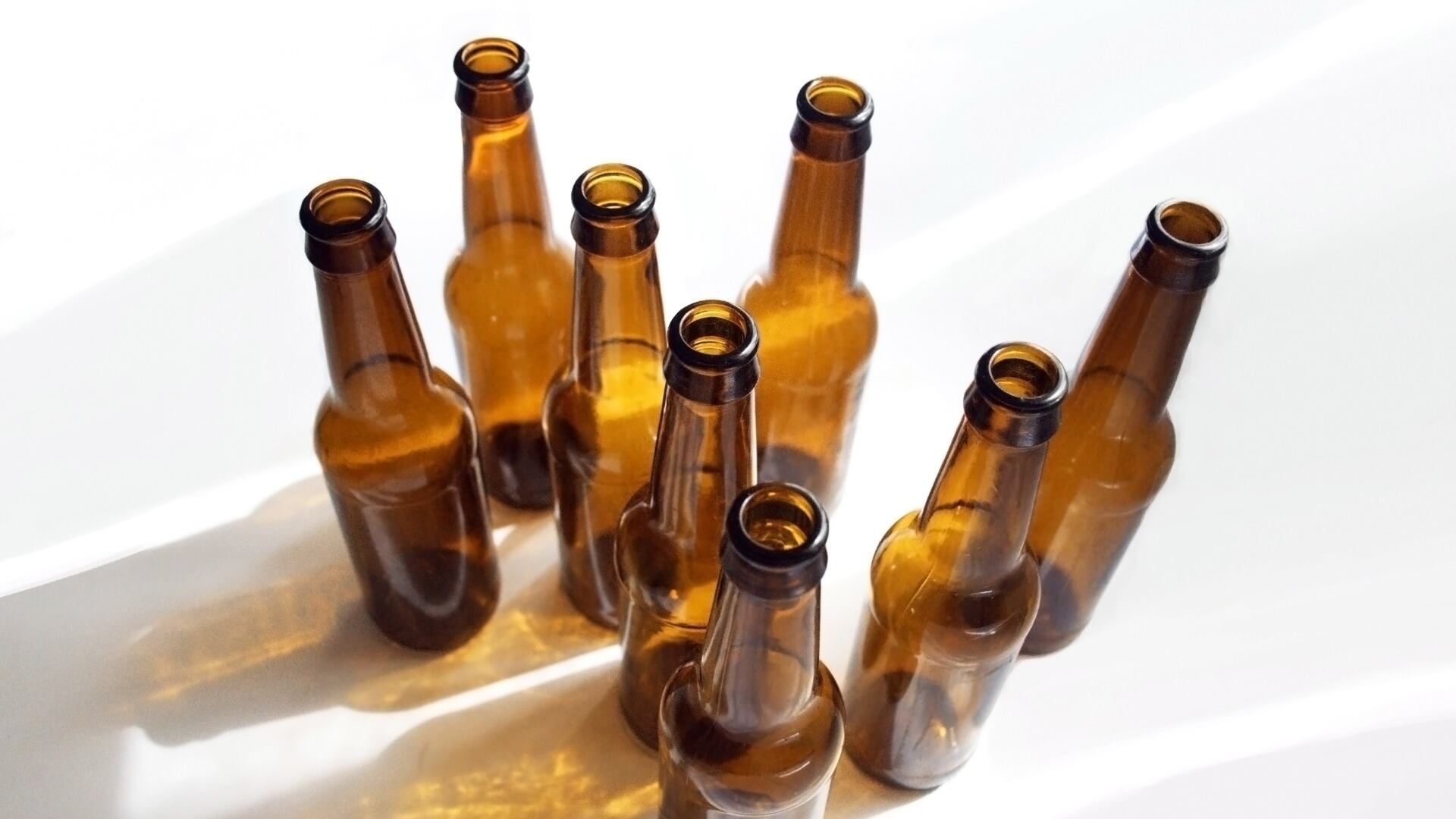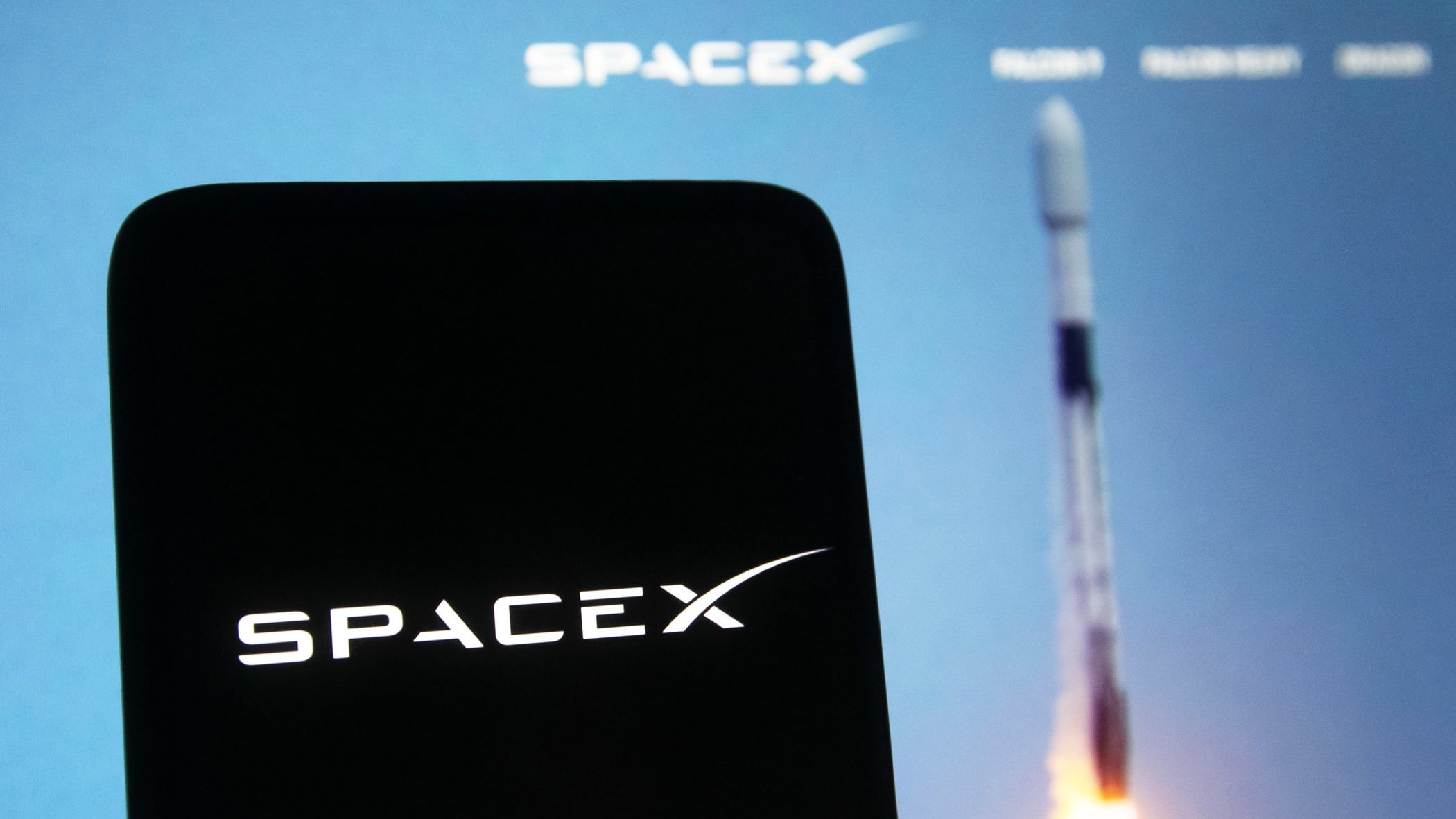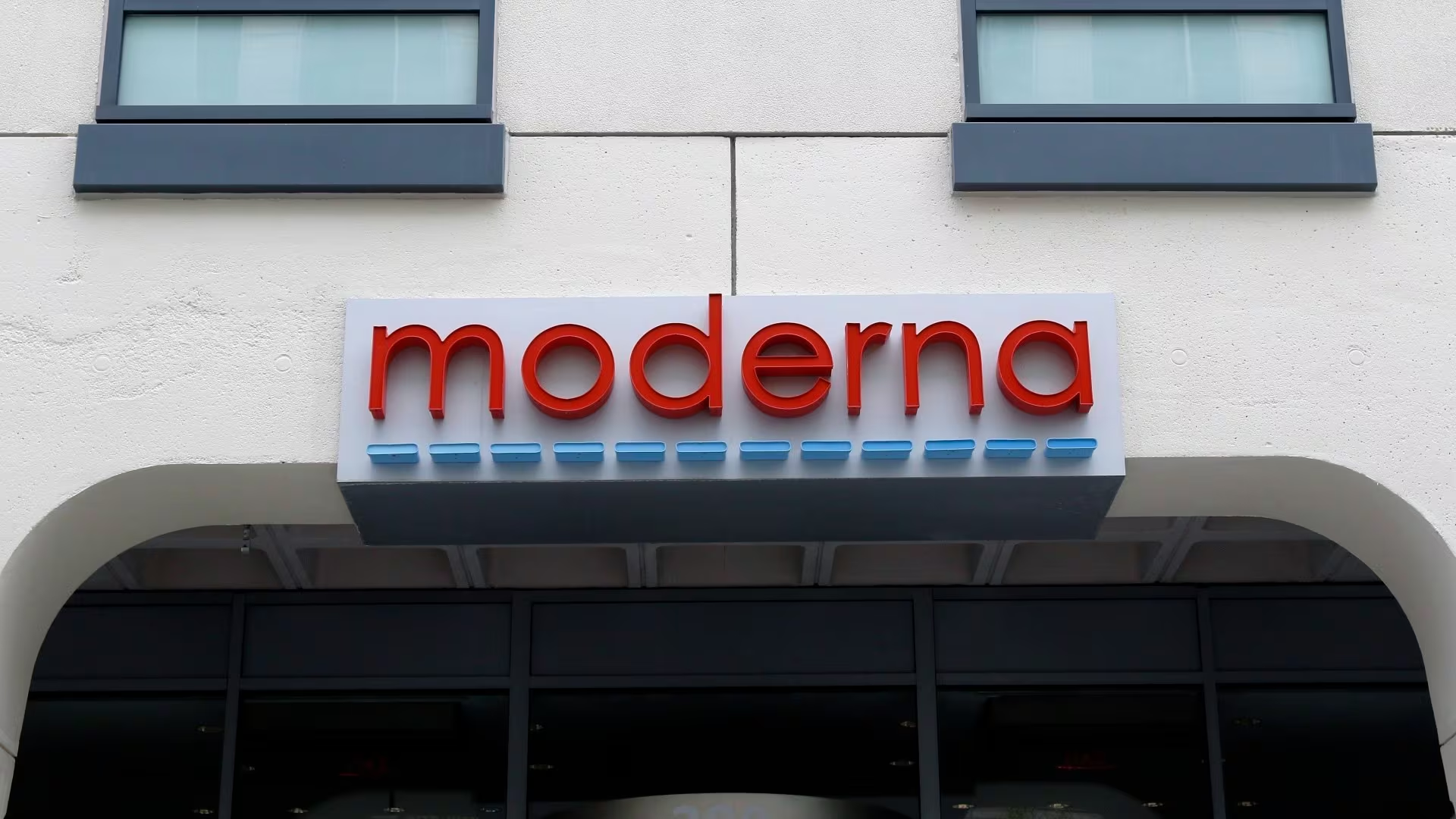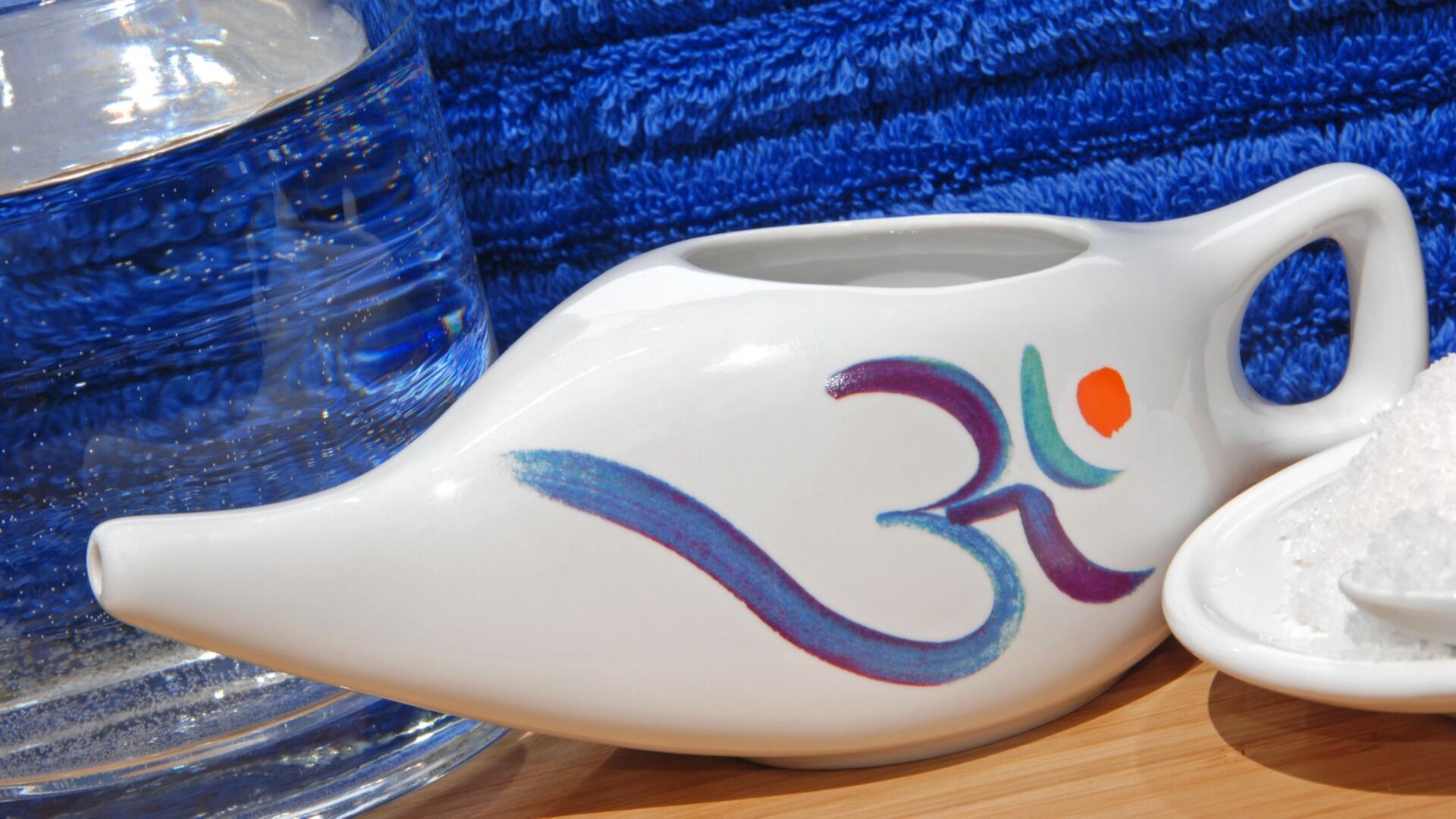By Marcia Dunn
NASA’s newest X-ray observatory rocketed into orbit Thursday to shed light on exploded stars, black holes and other violent high-energy events unfolding in the universe.
SpaceX launched the spacecraft on its $188 million mission from Kennedy Space Center. It’s called IXPE, short for Imaging X-ray Polarization Explorer.
Scientists said the observatory — actually three telescopes in one — will unveil the most dramatic and extreme parts of the universe as never before.
“IXPE is going to open a new window on the X-ray sky,” Brian Ramsey, NASA's deputy principal scientist, said this week.
Operations should begin next month. NASA is partnering with the Italian Space Agency on the project.
AI technology is increasing health awareness from the comfort of your smartphone. Cheddar News dives deep into how selfies can track health vitals.
Alina Hauptman, a communications strategist at the Best Friends Animal Society, joined Cheddar News to discuss how pets can actually give a boost to your mental health.
Michele Power, a meteorologist for News12, said that one explanation for this "parade of storms," at least in the United States, is a phenomenon called the "atmospheric river,:
Cheddar News explains how the way you brew coffee could contribute to global warming.
The beginning of the year is critical for those in need of blood transfusions as people tend to stop donating during the holidays. The winter in general also experiences a dropoff as donors get sick more frequently.
Dry January doesn't have to mean sober January — at least for the 21 percent of participants turning to cannabis or CBD to make it through the month.
SpaceX launched its Falcon 9 rocket to bring a powerful GPS satellite into orbit for the U.S. Space Force.
Moderna is applying for regulatory approval for its RSV vaccine, which it says has shown to be effective against the respiratory virus.
UN Secretary-General António Guterres on Wednesday called out ExxonMobil for withholding highly accurate predictions about the impact of climate change.
A new study has found that most Americans think it is okay to put tap water in medical devices such as humidifiers and neti pots, but experts say this is unsafe.
